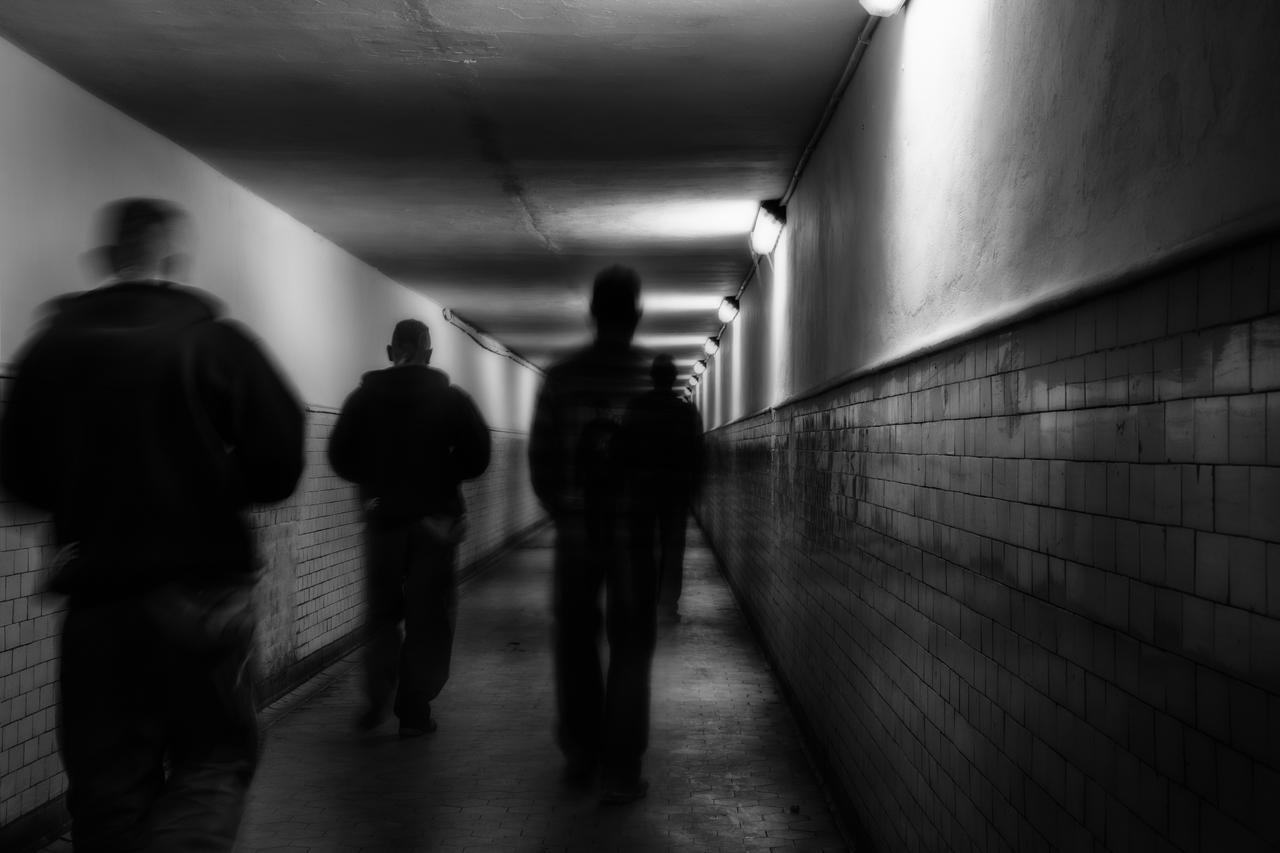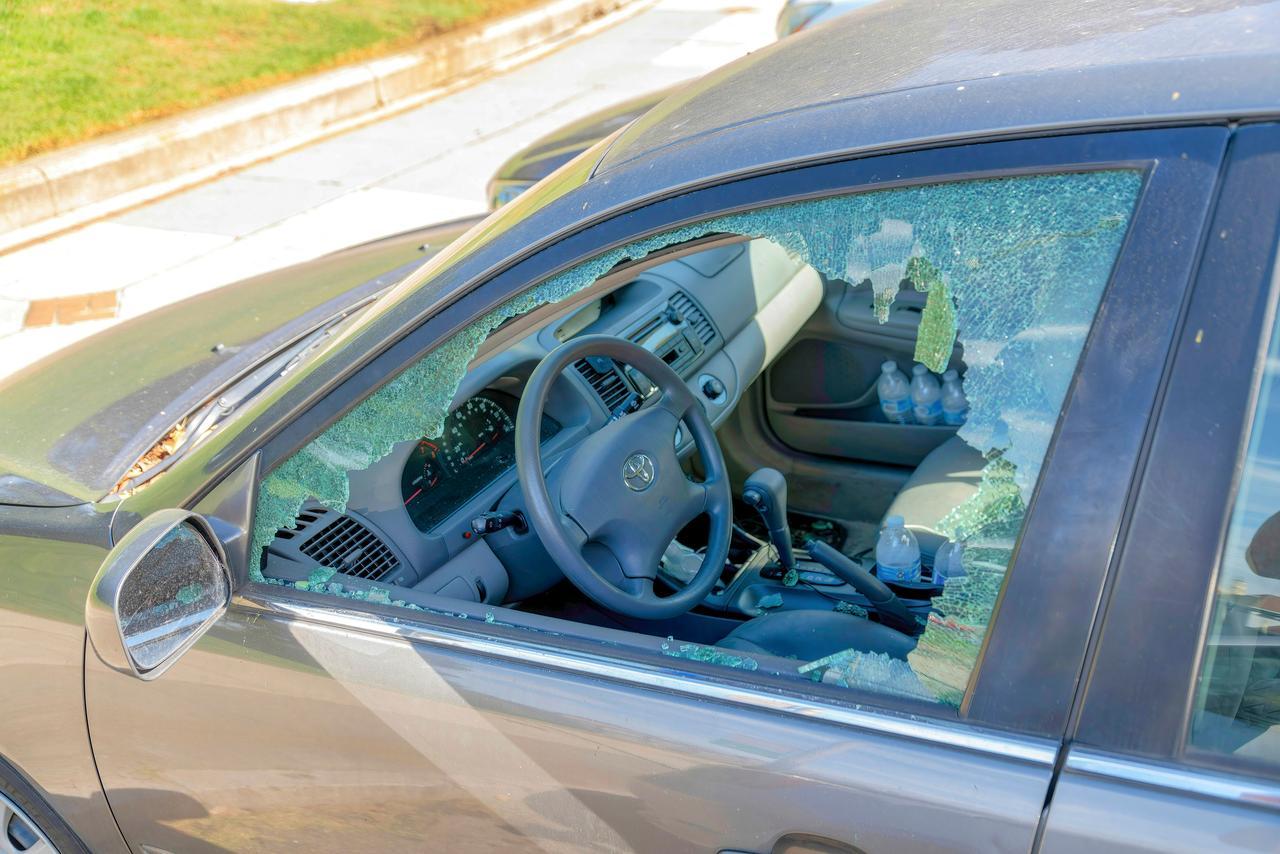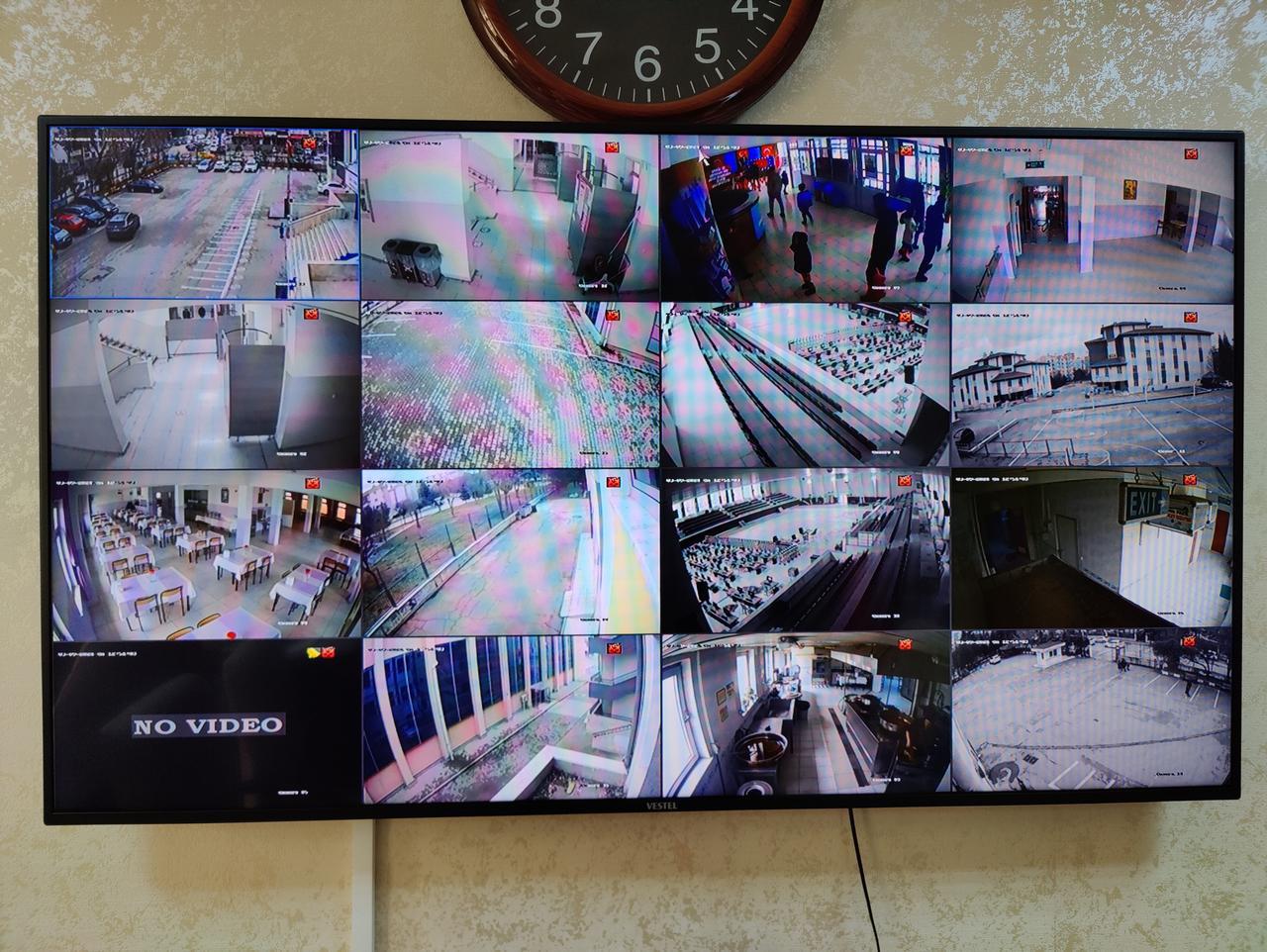
Turkish authorities are preparing new legislation to reduce age-based sentencing discounts for juvenile offenders as criminal organizations increasingly recruit minors through social media platforms, with experts calling for penalties against both children who commit crimes and their families.
Justice Minister Yilmaz Tunc announced on Wednesday that draft legislation addressing "children driven to crime" will be submitted to Parliament after the opening of the new legislative session, focusing on 15-to-18-year-olds based on their age and the crimes committed.
The move comes as criminal gangs, including the Daltons, Redkits, Baris Boyun group, Anucurs, Camgozler, Gundogmuslar and Atiz-Casper, organize through social media platforms, openly advertising criminal services with price lists: workplace arson for ₺10,000 ($242), shooting up venues for ₺40,000 ($969) and murder for ₺300,000 ($7.274).

Speaking to Türkiye daily on Sunday, former Criminal Department Head Irfan Bayar emphasized that deterrence is crucial in combating youth crime, arguing that current sentencing reductions enable exploitation of minors.
"Police measures alone cannot prevent crimes anywhere in the world. This issue requires the state to demonstrate its comprehensive power. The most important thing here is deterrence," Bayar said.
Bayar noted that crime rates in Türkiye are approaching levels seen in Mexico, Colombia and Brazil, and stressed that families share responsibility when children turn to crime and must face sanctions.
"Gangs give weapons to 14-15-year-old children and make them commit crimes because they are subject to criminal discounts," Bayar explained.
"A 14-year-old child knows when they stab someone or shoot. They commit crimes with this awareness. There should definitely be no sentence reductions or age discounts," he noted.

Also speaking to Türkiye daily, Uskudar University Faculty of Communication Dean Professor Gul Esra Atalay highlighted how digital technologies enable criminals to communicate without revealing their identities, independent of time and location.
"Hiding one's identity on social media is extremely easy," Atalay said.
"Risky actions that would have a chance of being caught when communicating face-to-face have become easier thanks to technology. A child who gets involved in crime once cannot escape from these organizations' hands."
"The family institution is dissolving. For these reasons, children and young people searching for identity can become easy targets for criminal gangs," she noted.
Atalay also referenced Gerbner's "cultural indicators and cultivation theory," explaining how constant exposure to crime content affects perception.
"In Gerbner's theory, there is a situation called 'mean world syndrome.' Gerbner and his team revealed in the 1970s that constant television viewers perceived the world as a more dangerous and merciless place than it actually is," Atalay stated.
"Today, this syndrome is experienced much more strongly with social media. People have even become afraid of groups of children they see on the street," she added.
Minister Tunc outlined the existing juvenile justice framework during his Wednesday broadcast appearance:
"We are conducting studies with academics and practitioners on what can be done to ensure deterrence and prevent crime," Tunc said, confirming that the new legislation would focus on the 15-18 age group.
When asked about potential changes, Tunc noted that universal law dictates no punishment for children under 12, adding, "We can say it's a regulation aimed at reducing sentence discounts as age increases."
The Justice Minister also announced plans to expand child justice centers in the new term, emphasizing that children should be in environments different from adult courts and courthouses.
"This is important both for children driven to crime and for child victims of crime," Tunc stated.